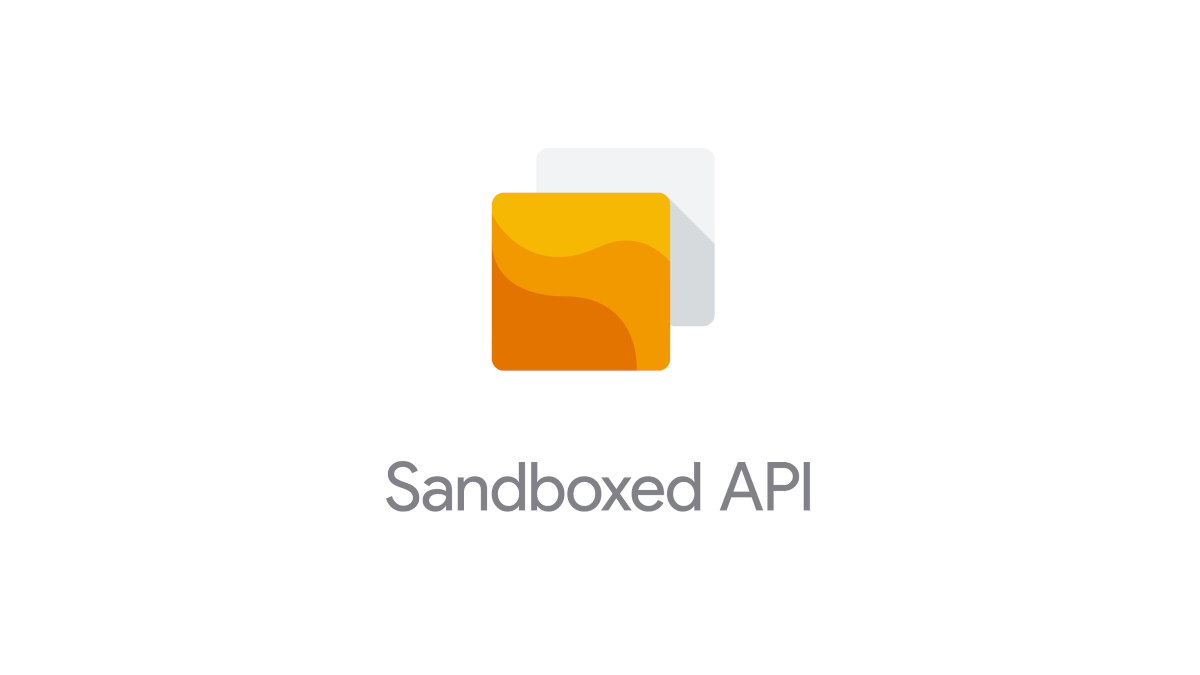Copyright 2019-2020 Google LLC.
What is Sandboxed API?
The Sandboxed API project (SAPI) aims to make sandboxing of C/C++ libraries less burdensome: after initial setup of security policies and generation of library interfaces, an almost-identical stub API is generated, transparently forwarding calls using a custom RPC layer to the real library running inside a sandboxed environment.
Additionally, each SAPI library utilizes a tightly defined security policy, in contrast to the typical sandboxed project, where security policies must cover the total syscall/resource footprint of all utilized libraries.
Documentation
Detailed developer documentation is available on the Google Developers site for Sandboxed API.
There is also a Getting Started guide.
Getting Involved
If you want to contribute, please read CONTRIBUTING.md and send us pull requests. You can also report bugs or file feature requests.
If you'd like to talk to the developers or get notified about major product updates, you may want to subscribe to our mailing list or sign up with this link.
